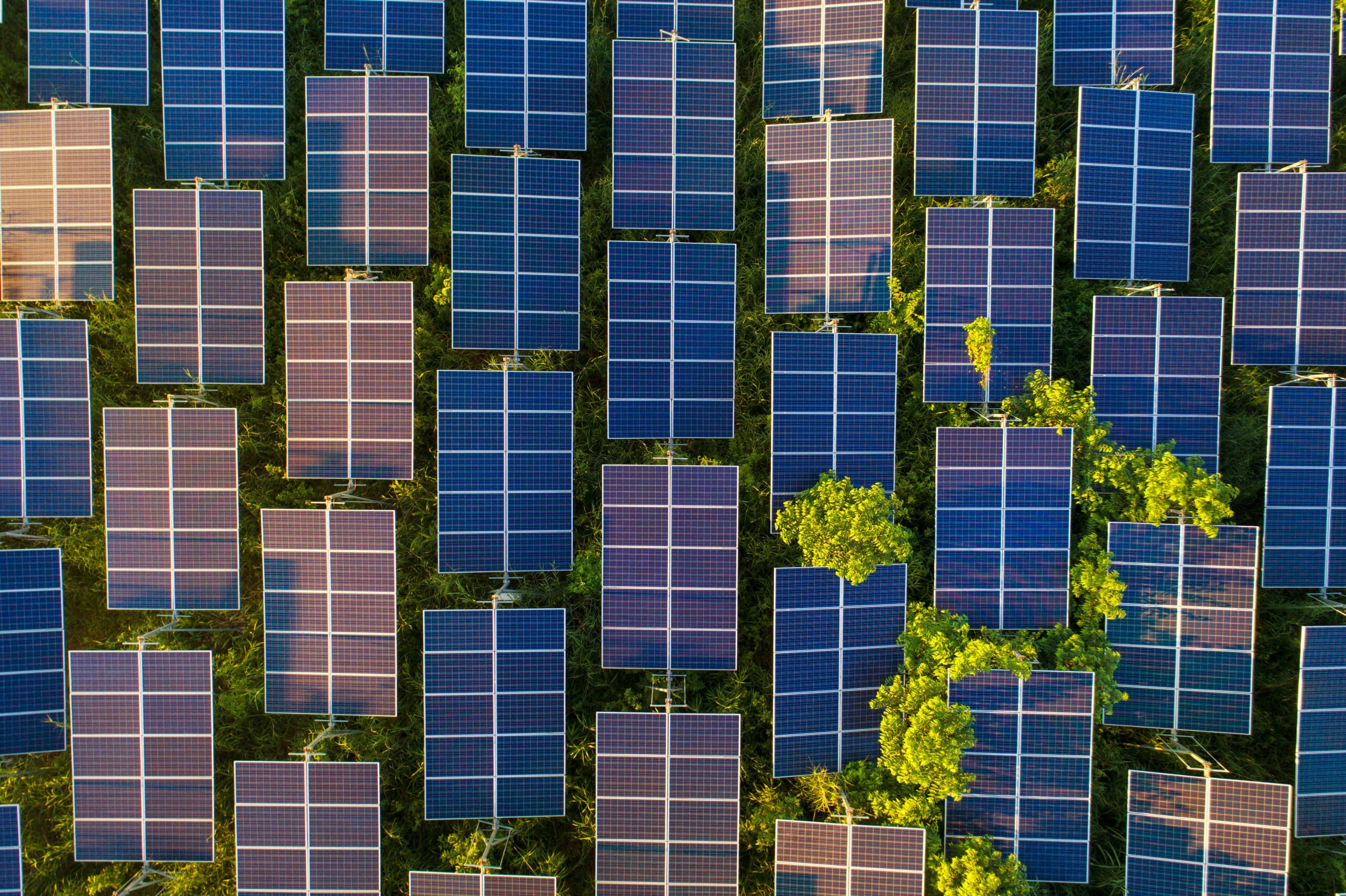Small-scale distributed energy systems are becoming increasingly popular as more people look for ways to reduce their reliance on traditional energy sources. These solutions provide a way for individuals and communities to generate their own power using renewable energy sources such as solar, wind, and hydro power.
Small-scale distributed energy systems are typically designed to meet the energy needs of individual households, businesses or small communities. They can be installed in remote areas where access to traditional power sources is limited or non-existent. These systems can be as simple as a few solar panels mounted on a roof or as complex as a combination of wind, solar, and hydro power systems.
One of the major benefits of small-scale distributed energy systems is that they are environmentally friendly. They produce clean energy that does not contribute to greenhouse gas emissions, which is a major contributor to climate change. This makes them an excellent choice for individuals and communities who want to reduce their carbon footprint and do their part for the environment.
Furthermore, implementing small-scale distributed energy systems can save businesses and communities money on their energy bills. Once the CAPEX of installing the system has been paid, the energy produced is essentially free, which can result in significant savings over the long-term. This is especially true in areas where electricity prices are high, or where there is no access to grid electricity.
Peer-to-peer Energy Trading
Accelerating the energy transition and capturing business value with AI and data is only a small part of reasons for our success. Wheeling of generated energy is allowed for customers connected at MV (Medium Voltage) and HV (High Voltage), according to the current regulations. Which creates an optimal breeding ground for a green energy revolution.
Peer-to-peer (P2P) energy trading, also known as distributed energy resource management, refers to the decentralised exchange of electricity between two parties without the intervention of traditional utilities and grid operators. This type of system allows for more efficient use of resources by allowing individuals or businesses with excess capacity to sell their extra power directly to those who need it at any given time.
P2P energy trading can be beneficial in reducing costs associated with electricity production and distribution while providing consumers with greater control over how they purchase and consume energy. Additionally, this model could help reduce carbon emissions from fossil fuel sources since renewable energy sources such as solar and wind are often used in these transactions. As technology advances and more people become familiar with the concept of P2P energy trading, its potential impact on our current energy infrastructure will continue to grow.
P2P energy trading is a promising new way of distributing energy that offers many benefits such as increased sustainability, cost-effectiveness, and community engagement. MEB is an end-to-end turn-key bespoke energy and power solutions project development company. Learn about our service offering and portfolio of products today!

